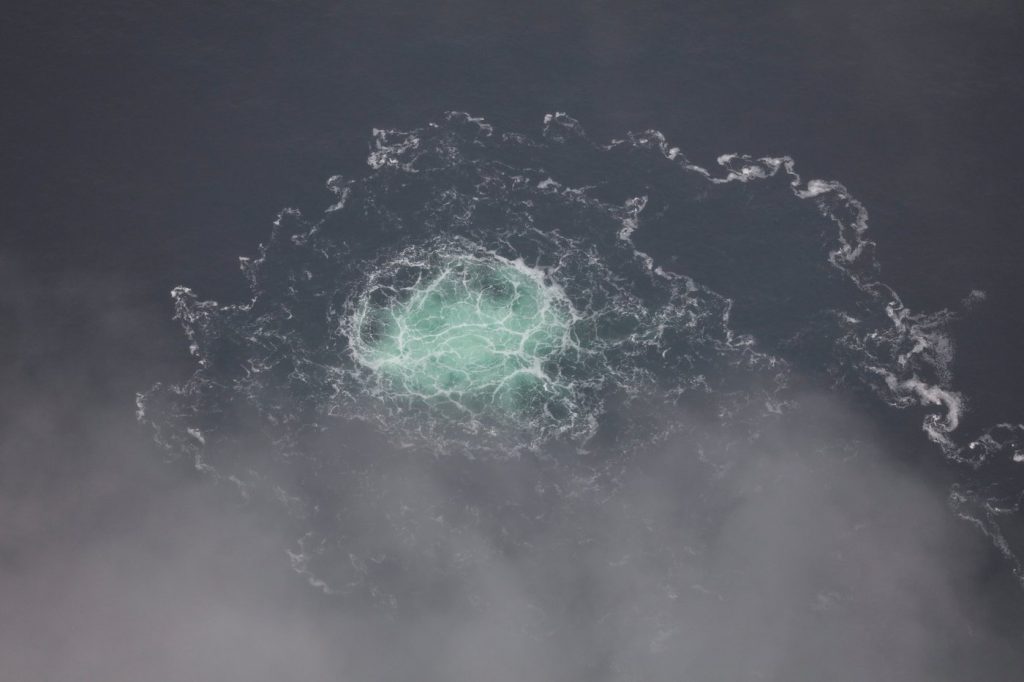A Polish court is currently deliberating whether to extradite Volodymyr Z., a 46-year-old Ukrainian man, to Germany, where he is under suspicion in connection with the 2022 attack on the Nord Stream gas pipelines. His arrest near Warsaw on September 30 was executed based on a German warrant, which has raised concerns about potential diplomatic tensions between Poland and Germany.
Volodymyr Z. has been identified only by his first name and initial due to local privacy laws. German prosecutors allege that he is a trained diver and was part of a group responsible for placing explosives on the Nord Stream pipelines, which run near the Danish island of Bornholm. The explosions on September 26, 2022, led to significant damage to the pipelines and have heightened geopolitical tensions as Europe sought to diminish its reliance on Russian energy amid the ongoing conflict stemming from the Russian invasion of Ukraine.
During the hearing, lawyer Tymoteusz Paprocki stated that his client does not confess to any wrongdoing and is perplexed by the charges levied against him by Germany. Paprocki plans to argue against the extradition on the grounds that no Ukrainian should be charged with actions perceived as anti-Russian, highlighting the complexities surrounding national identities and allegiances rooted in the conflict.
Poland, known for its anti-Russian stance and historical opposition to the Nord Stream projects, may be reluctant to hand over Volodymyr Z. Prime Minister Donald Tusk has suggested that extraditing the suspect would not align with Poland's national interests. This position mirrors the country's long-standing concerns about the energy dynamics between Europe and Russia, particularly regarding the potential for Russia to utilize gas as a geopolitical weapon.
The Nord Stream 1 pipeline, which had facilitated the flow of Russian gas to Germany since its inauguration in 2011, saw its supplies cut by Russia at the end of August 2022. The parallel Nord Stream 2 pipeline was also damaged during the explosions; however, it had never been operational due to Germany suspending its certification just before the Russian invasion. The controversy regarding Nord Stream 2 has been pivotal, with critics claiming it would enhance Europe’s energy vulnerability to Russia.
Tusk has asserted that the real issue surrounding Nord Stream is not the sabotage itself, but the construction of the pipeline, which he argued reflects a misjudgment by those who championed the project. His statements underscore a broader sentiment in Poland, advocating for greater energy independence and security from Russian influence.
At the time of his arrest, Volodymyr Z. was living in Poland with his wife and children. His family has publicly defended his innocence, asserting that he was with them in Poland throughout the timeline of the attacks. This case also connects to investigations involving another Ukrainian suspect, believed to be a coordinator of the attack, who was arrested in Italy earlier this year. However, Italy’s top court recently annulled a decision regarding his extradition, calling for a reassessment of his case, highlighting the intricate legal and diplomatic ramifications surrounding these extradition requests.
As the hearings continue, the potential ramifications extend beyond the fates of these individuals, impacting relations between Poland and Germany amid a backdrop of heightened tensions due to the ongoing conflict in Ukraine and the shifting energy landscape in Europe.











